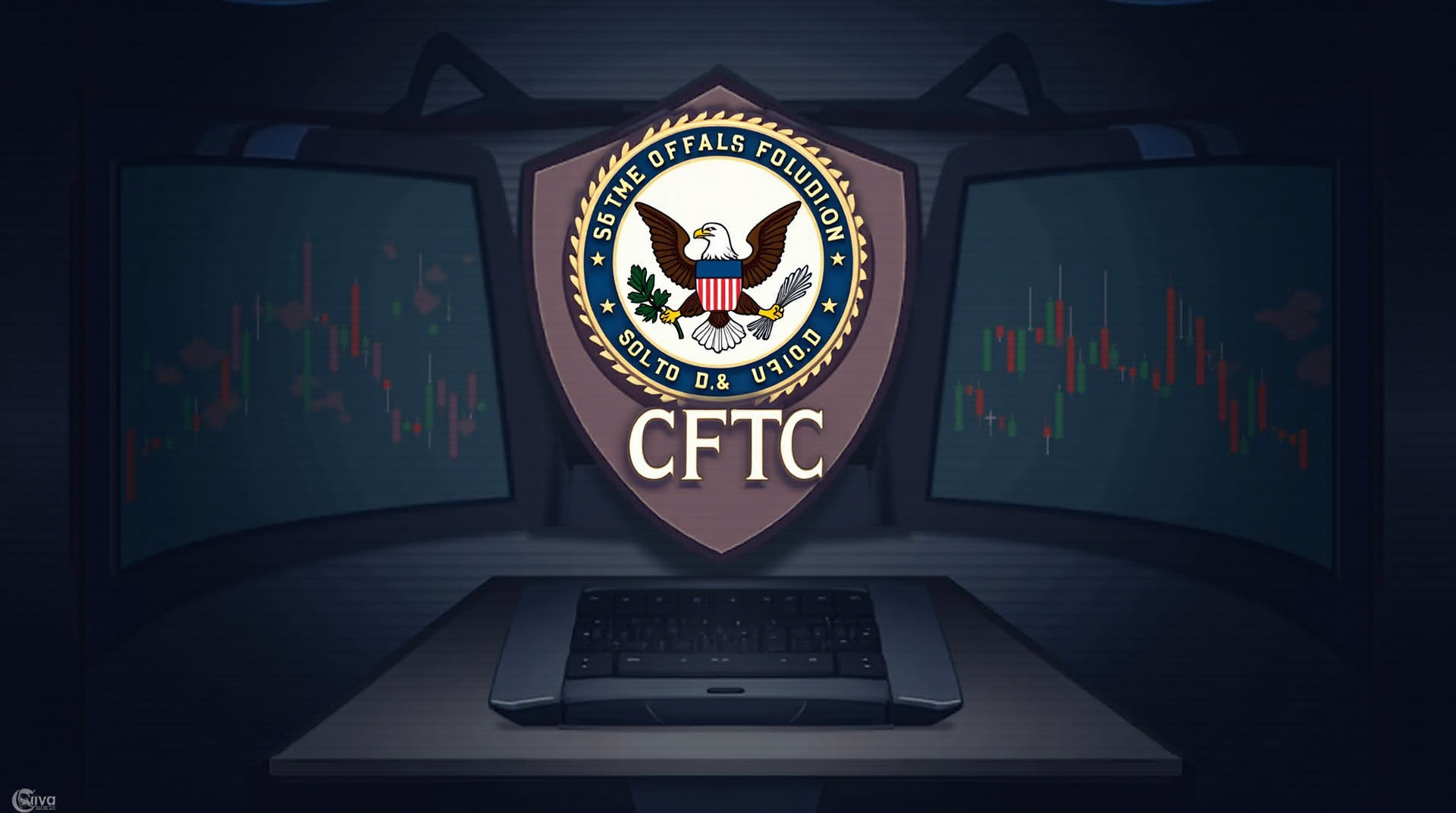SEC and CFTC move toward coordinated oversight of digital assets
The leaders of the Securities and Exchange Commission (SEC) and the Commodity Futures Trading Commission (CFTC) announced a move toward institutional cooperation to increase oversight of digital assets. The strategy aims to reduce legal uncertainty and provide a more predictable framework for exchanges, custodians and DeFi projects.
About the coordination between regulators
The SEC and the CFTC are implementing joint work mechanisms that include the exchange of market data, standard criteria for spot and derivative products, and coordinated action plans in cases of manipulation or fraud. The goal is to limit overlap of regulatory actions and help participants understand which rules apply in each situation.
Operational areas of action
The cooperation focuses on several operational and technical aspects that affect the crypto system, addressing areas that create uncertainty or require joint supervision.
Jurisdiction definition
The agencies will establish standards to classify an asset as a security or commodity, which reduces uncertainty about which agency manages each case.
Supervision of spot and derivative products
The agencies will coordinate listing requirements, market observation and liquidity controls to protect investors and help keep prices accurate.
Data sharing and oversight
The agencies will share alerts on manipulation and market abuses to speed up joint investigations and oversight actions.
User protection
The agencies will unify disclosure and transparency criteria to improve protection for retail investors.
Impact on markets, exchanges and DeFi
More regulatory certainty may attract institutional capital and help the growth of regulated products in the United States, while scrutiny remains. Domestic exchanges could accelerate listings and offerings if the rules are clear, whereas decentralized protocols face challenges regarding legal responsibility and compliance when there is no identifiable central entity.

Risks and limits of convergence
Coordination does not replace the need for legislative clarity, and the legal definition of digital assets remains a topic of discussion that may require Congressional action to avoid regulatory overlaps. There is also a risk that overly rigid cooperation could slow innovation or concentrate regulatory power in ways that harm decentralization.
Signals to watch for the sector
Several signals will indicate how the coordination evolves, including formal agreements, coordinated enforcement actions and legislative developments.
- Formal agreements – Memoranda and joint statements will likely set out cooperation protocols.
- Coordinated enforcement actions – An increase in joint cases against manipulators and issuers who avoid registration requirements is likely.
- Legislative discussion – Possible bills that set limits and roles will probably have a direct impact on stablecoins, ETFs and spot markets.
The convergence between the SEC and the CFTC marks a step toward more consistent oversight of cryptoassets, reducing uncertainty and improving investor protection. The sector must ensure that coordination does not lead to excessive controls that stifle innovation and financial freedom.


